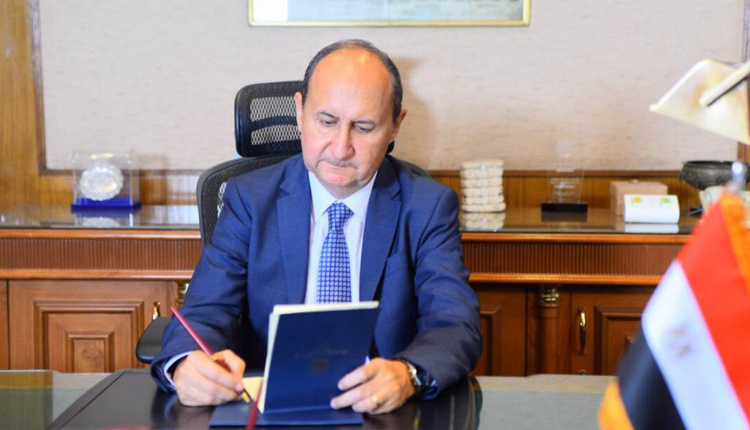Egypt’s Minister of Trade and Industry Amr Nassar said on Friday that food exports are expected to increase during the coming months now that Sudan has lifted a ban on Egyptian imports.
Sudan’s decision to lift a ban on Egyptian food imports came during this week’s Egyptian-Sudanese presidential summit in Khartoum, which ended on Thursday.
In March 2017 Sudan banned the import of all Egyptian agricultural goods amid a range of disputes.
Nassar said that the lifting of the ban was one of the most important results of the meetings between Egyptian President Abdel Fattah al-Sisi and Sudan’s President Omar Al-Bashir this week.
“The great support of the political leadership of the two countries is the main factor in the success of the efforts exerted, which included holding intensive meetings with the Sudanese side during which was stressed the importance of lifting all trade restrictions between the two countries, to contribute to the flow of trade and joint investment,” said Nassar.
The minister said that there had been a decline in exports to Sudan from $164 million dollars in 2016 to $44 million in 2017.
Nassar said that intensive meetings had been held with relevant export councils to discuss increasing export rates, to benefit from the presence of land crossings between Egypt and Sudan, to allow the access of Egyptian products to the markets of COMESA countries. He said that Sudan is “the main gateway to this huge market,” which includes 19 African countries.
The minister said that he had received great understanding from his Sudanese counterpart Musa Karama, as well as all Sudanese government officials, to resolve the challenges that hindered the growth of trade.
Nassar and Karama also signed a memorandum of understanding between the Egyptian Export Development Authority and the Sudanese Trade Authority to promote joint cooperation and establish a strategic partnership in the fields of exchanging experiences and trade information.
Nassar said that the agreement will last for two years and aims at a regular exchange of trade information to support businessmen and small and medium-sized enterprises.
According to the agreement, the two sides will encourage private sector companies to participate in trade fairs and conferences related to trade and business which are held in either country.
He added that the agreement includes enhancing cooperation in organising commercial weeks for promising national products in both countries, as well as providing support to visiting trade delegations from the two countries.
Source: Ahram online
